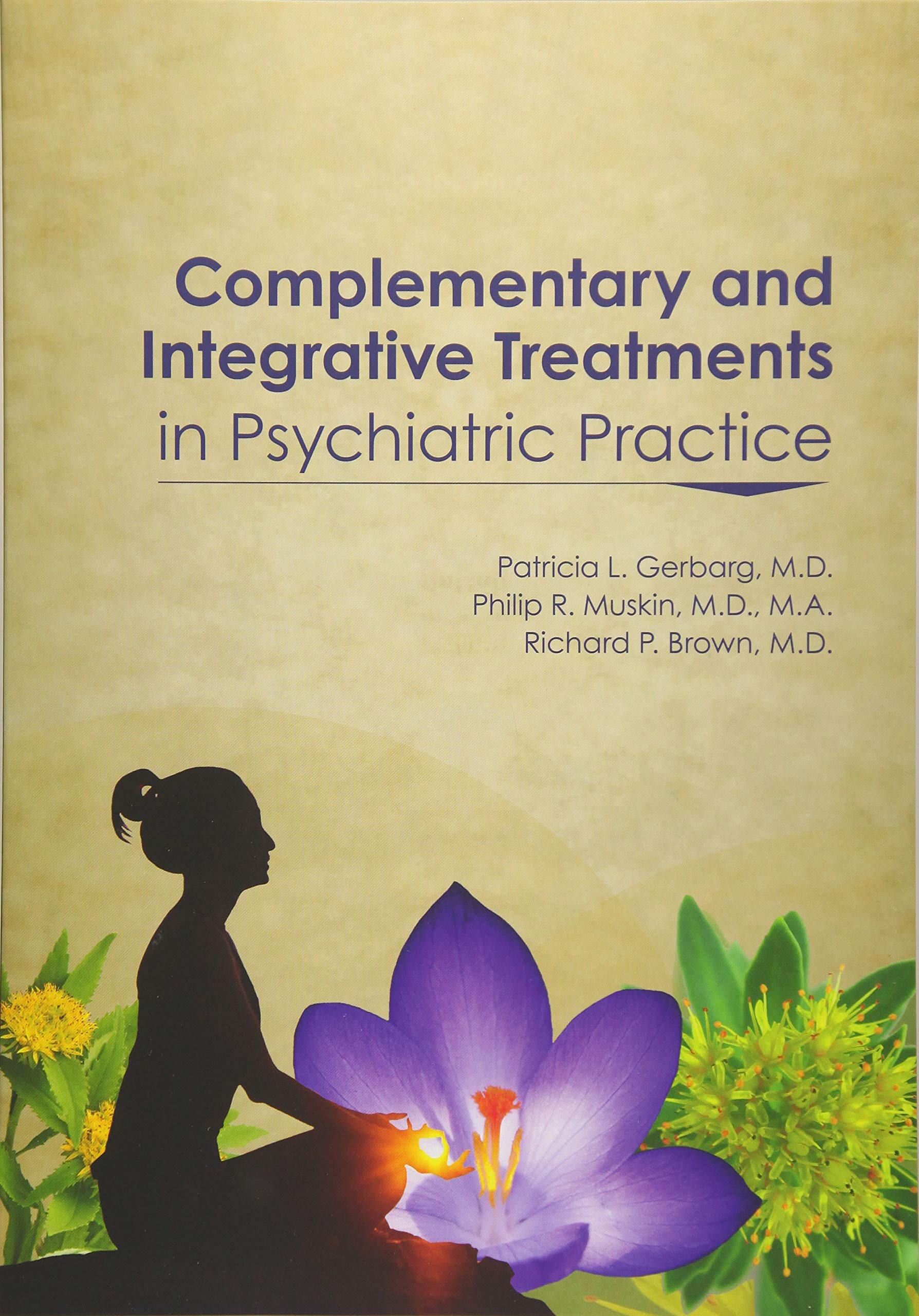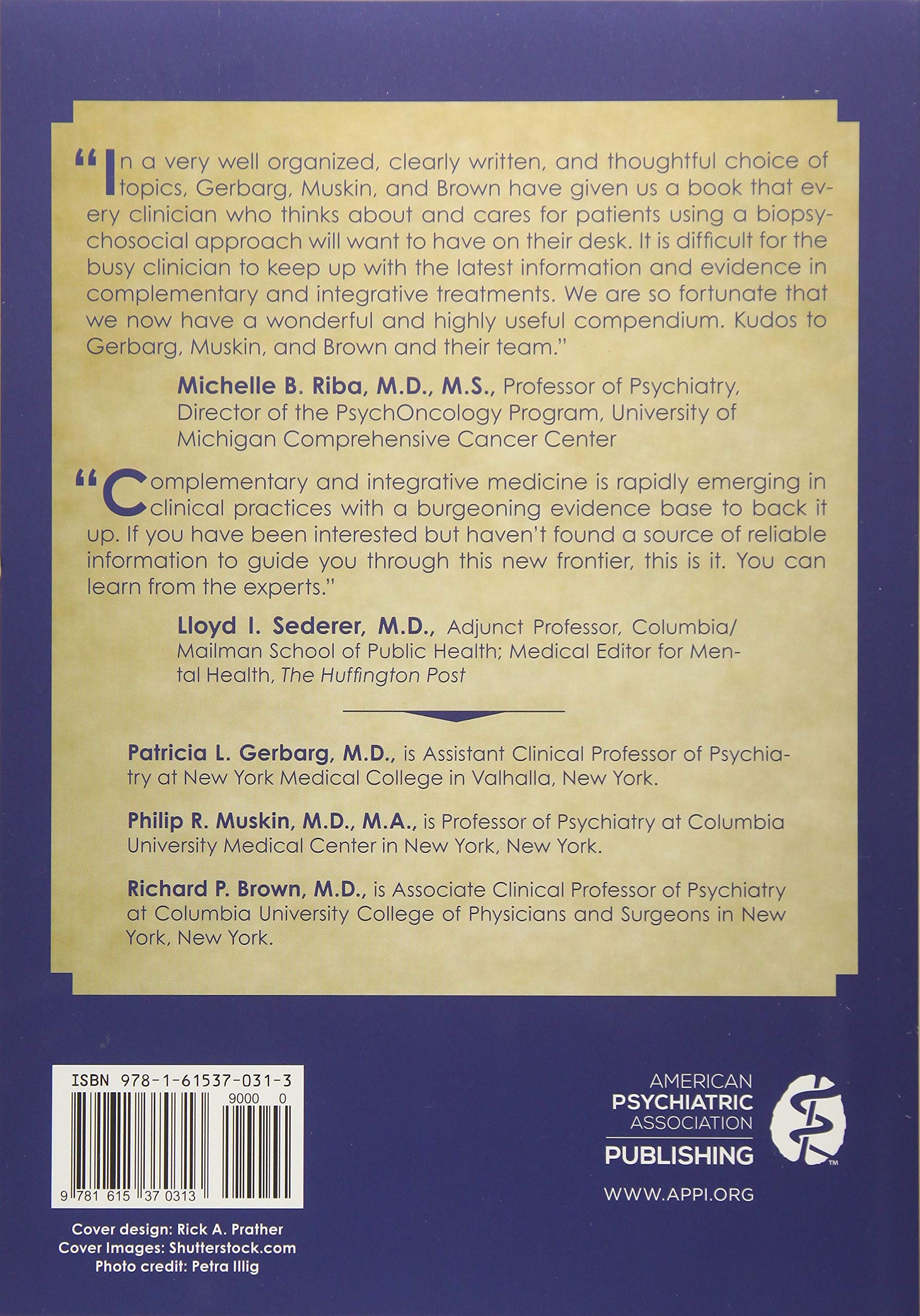Customer Services
Copyright © 2025 Desertcart Holdings Limited
Desert Online General Trading LLC
Warehouse # 7, 4th Street, Umm Ramool, Dubai, 30183, Dubai



Complementary and Integrative Treatments in Psychiatric Practice
Trustpilot
1 day ago
3 weeks ago
1 month ago
4 days ago